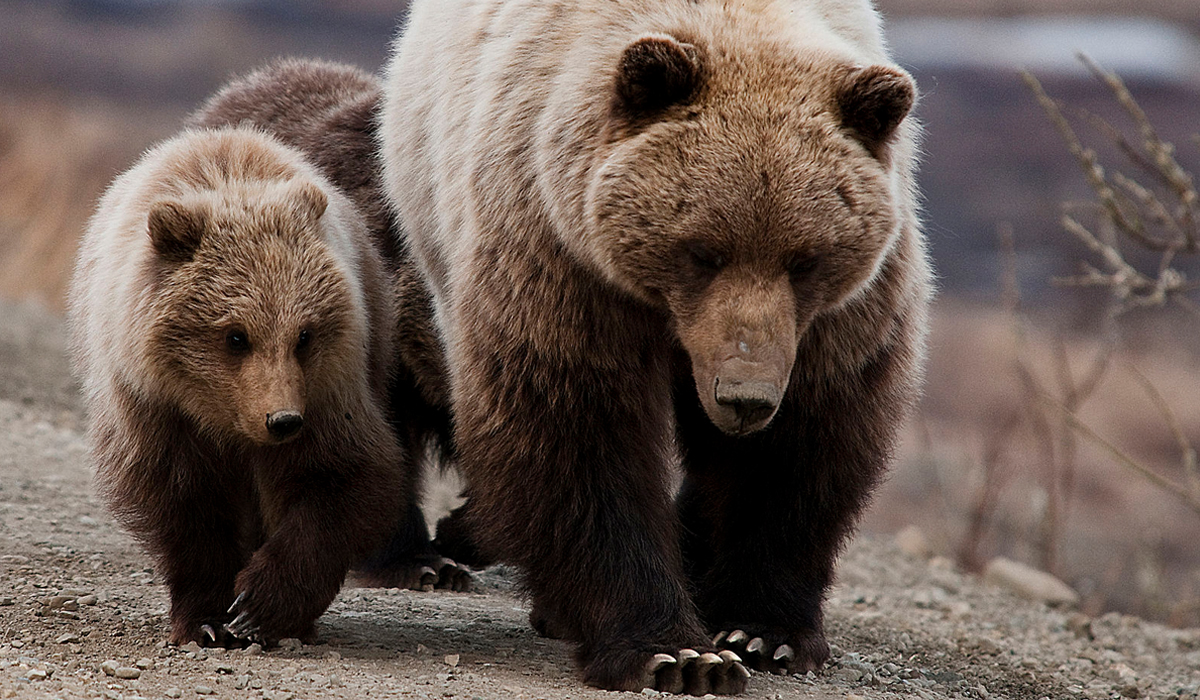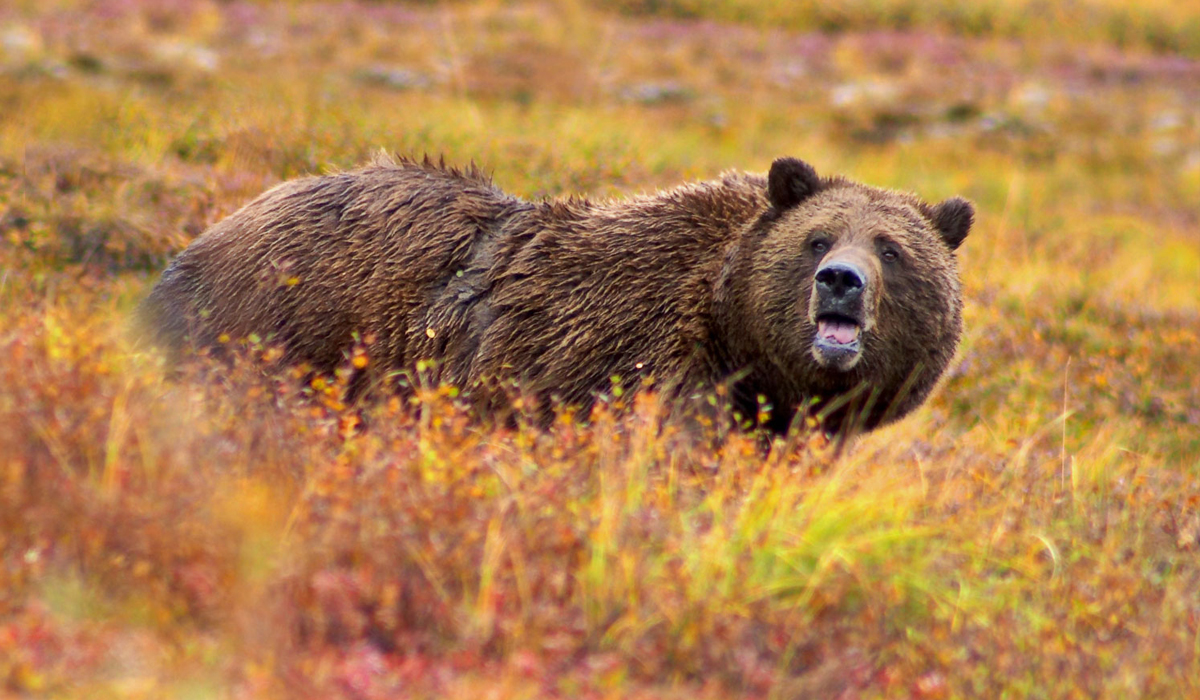
For the first time in over 40 years, hunters will be allowed to shoot iconic Yellowstone-area grizzly bears for sport.
The highly controversial hunt is set to begin in September and will allow up to 22 grizzlies to be killed on public and private lands near Yellowstone and Grand Teton National Parks. The decision was reached unanimously by the Wyoming Game and Fish Department just one year after the U.S. Fish and Wildlife Service lifted federal protection from the Yellowstone population.
Many are shocked and upset about the decision, as decades of effort and tens of millions of dollars have been spent in an effort to recover the dwindling population. Just four decades ago, only 136 individuals remained in Yellowstone and surrounding lands — and the animals were listed as a threatened species in 1975. Today, numbers are more promising, with an estimated 700 grizzlies living in the region.

While a hunt of 22 bears may not seem like much, numbers quickly add up when considering the dozens of bears lost every year through a variety of causes. Last year it was reported that a shocking 56 bears were killed by poachers, lethal removal for management, car collisions, and conflicts between ranchers. At this rate, 10 percent of the grizzly population could be lost in just 1 year.
Researchers also point out that hunting an animal so slow to recover makes little sense from a biological standpoint. Many female grizzlies don’t successfully produce offspring until at least 10 years of age, and they only reproduce once every 3 years.
Others feel that trophy hunting such a highly intelligent animal is wrong from an ethical standpoint. Wildlife photographer Thomas D. Mangelsen told 60 Minutes, “Wyoming is treating them like surplus trees that can be logged.”
Even avid hunters agree. Award-winning hunting writer Ted Kersota of Wyoming says he only hunts animals he eats.
“People try to tell me that if I’m not in favor of killing grizzlies, then I’m anti-hunting. I’ve been called that even though I’ve shot more elk than those people who are making the claim,” he told National Geographic. “There’s an atmosphere of tremendous polarization in this country. It’s based on the belief that unless you are wholeheartedly with us, you are against us. Those who say we need to kill grizzlies for fun are on the wrong side of history. And they’re not doing the cause of hunting any favors.”
If the hunt goes on as planned, there are talks of possible protests. Where do you stand?




